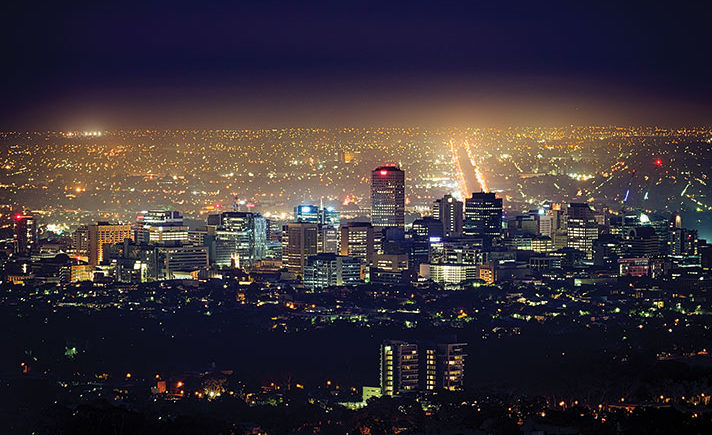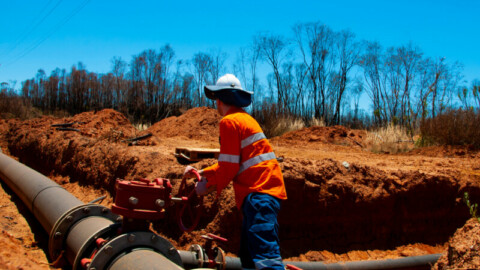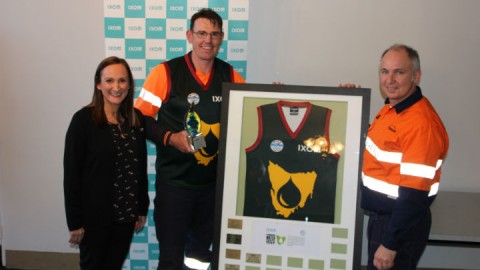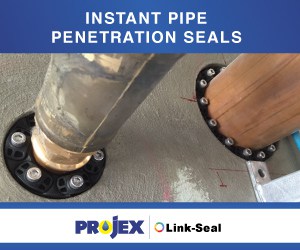Wastewater remains a largely untapped resource for harnessing renewable energy. Pioneering technologies to enhance biogas recovery are poised to become a driving force in the evolution of Australia’s water industry.
Biogas is a powerful source of sustainable green energy. Refined biogas, known as biomethane, can be used to power homes and businesses, or as clean biofuel for cars, buses, and commercial fleets. Enough biomethane can be recovered from the annual sewage sludge of 100,000 residents to power 20 buses or trucks, or 100 cars, saving 525,000 litres of diesel fuel.
Wastewater treatment facilities around the world are turning to anaerobic digestion to harness this sustainable and economically viable resource.
SUEZ has been working to boost the efficacy of this process through investing in advanced anaerobic co-digestion technologies, whereby additional organic waste streams – such as commercial kitchen and food processing waste, oils and grease – are introduced to wastewater sludge as the matter degrades.
It is a powerful combination, amplifying the volume and rate of biogas production. After refining it in Europe, SUEZ has worked with local utilities in its Australian wastewater treatment operations contracts, where it is delivering promising results.
SUEZ’s General Manager Business Development in Australia Stuart Gowans said that operating across both waste and water offers great synergies in perfecting the process.
“We’ve done a lot of testing in our R&D facilities and we know which waste streams will give the best value in terms of biogas production,” he explained. “We can then source those streams through our waste business, and introduce the substrates to digesters in a way that maximises biogas output whilst protecting the digesters process.”
Raw biogas requires purification before it can be converted to market-ready compressed natural gas, and developing technologies to enhance that process is the next stage in driving greater yields. In September 2016, SUEZ made a significant investment in Prodeval, France’s leading producer of biomethane and developer of the innovative VALOPUR technology for biogas purification.
VALOPUR’s high-performance polymer membranes achieve a biogas purification yield in excess of 99 per cent, with less than one per cent methane loss.
The technology is compact, robust, flexible, and simple to maintain and operate. SUEZ and Prodeval installed the technology in a wastewater treatment plant in France’s Rochois region, where it is producing clean biofuel for passenger cars, and has since rolled it out in other locations across Europe.
SUEZ operates almost 170 methanation facilities worldwide, and aims to increase its production of biogas by up to 50 per cent in the next five years. Its investment will accelerate VALOPUR’s commercial deployment so that it can take its place in the energy transition.
SUEZ is currently looking into various business cases with local utilities to determine the benefits they – along with consumers and the environment – could reap from bringing this advanced technology to Australia.
“What we’re trying to do is create a wastewater treatment plant that is, at a minimum, energy neutral, by minimising the power used on site, and maximising the production of biogas and energy from wastewater and organic waste,” said Mr Gowans.
“We’re looking at resource recovery more fully, and trying to extend the value chain of what we can do with wastewater as a resource.”
This partner content is brought to you by Suez. For more information, visit suez.com.au















